From
India
to
Portugal
About the project
Collaboration with an anthropologist Samuel Tettner in Portugal in 2020. including photographs and interviews of local Indian agricultural workers who work and live in a small village called ‘Odemira.’ Understanding the cause, living and working conditions the Indian immigrants face while working abroad.
Leaving one's homeland is always an emotional and challenging experience. For me, and the Indian community, it was no different when they decided to immigrate from India to Portugal. The thought of leaving behind my family, friends, and everything familiar can be daunting. However, they believed moving to Portugal was necessary for a better life.
The customs and traditions in Portugal were completely different from what they were used to in India. They had to learn new social norms, understand the Portuguese language, and adjust to their new way of living.
The customs and traditions in Portugal were completely different from what they were used to in India. They had to learn new social norms, understand the Portuguese language, and adjust to their new way of living.
Hinduism
is the dominant religion, while Portugal is predominantly Catholic. It can be challenging to navigate the different beliefs and traditions when moving to a new country. The cultural shock can be overwhelming, especially regarding religious practices. For instance, in India, it's common for people to have shrines or temples in their homes, but this may not be acceptable in shared accommodations in Portugal while sharing accommodations with Sikhs, Muslims, and Hindus.
is the dominant religion, while Portugal is predominantly Catholic. It can be challenging to navigate the different beliefs and traditions when moving to a new country. The cultural shock can be overwhelming, especially regarding religious practices. For instance, in India, it's common for people to have shrines or temples in their homes, but this may not be acceptable in shared accommodations in Portugal while sharing accommodations with Sikhs, Muslims, and Hindus.
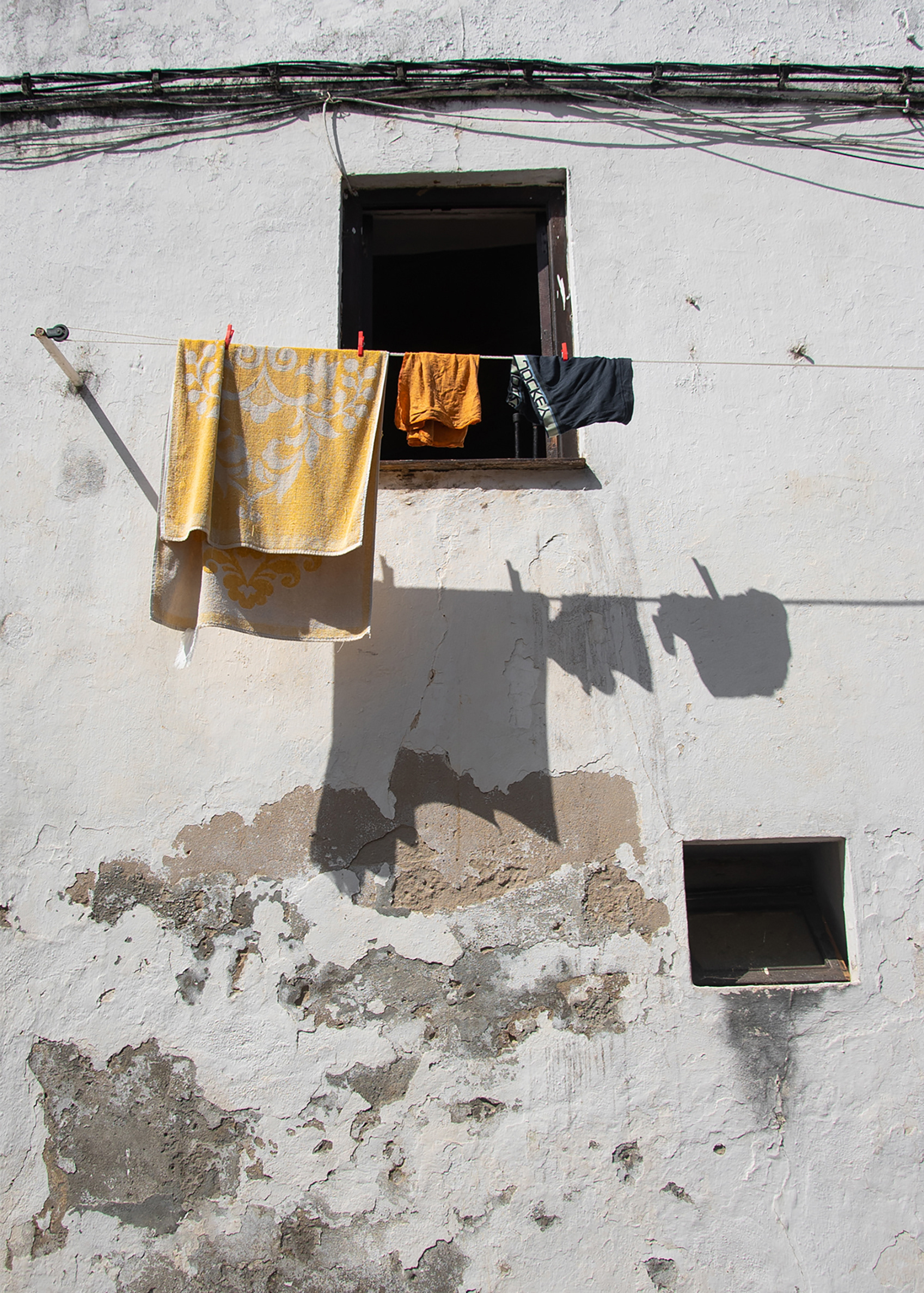
One
of the biggest challenges faced by immigrants from India who move to Portugal is the issue of working without legal documentation. Many individuals who migrate to Portugal are forced to work in low-paying jobs or even in the underground economy due to a lack of proper work permits. This not only puts them at risk of exploitation and abuse by employers but also makes it difficult for them to access basic rights and benefits like healthcare, social security, and education.
of the biggest challenges faced by immigrants from India who move to Portugal is the issue of working without legal documentation. Many individuals who migrate to Portugal are forced to work in low-paying jobs or even in the underground economy due to a lack of proper work permits. This not only puts them at risk of exploitation and abuse by employers but also makes it difficult for them to access basic rights and benefits like healthcare, social security, and education.
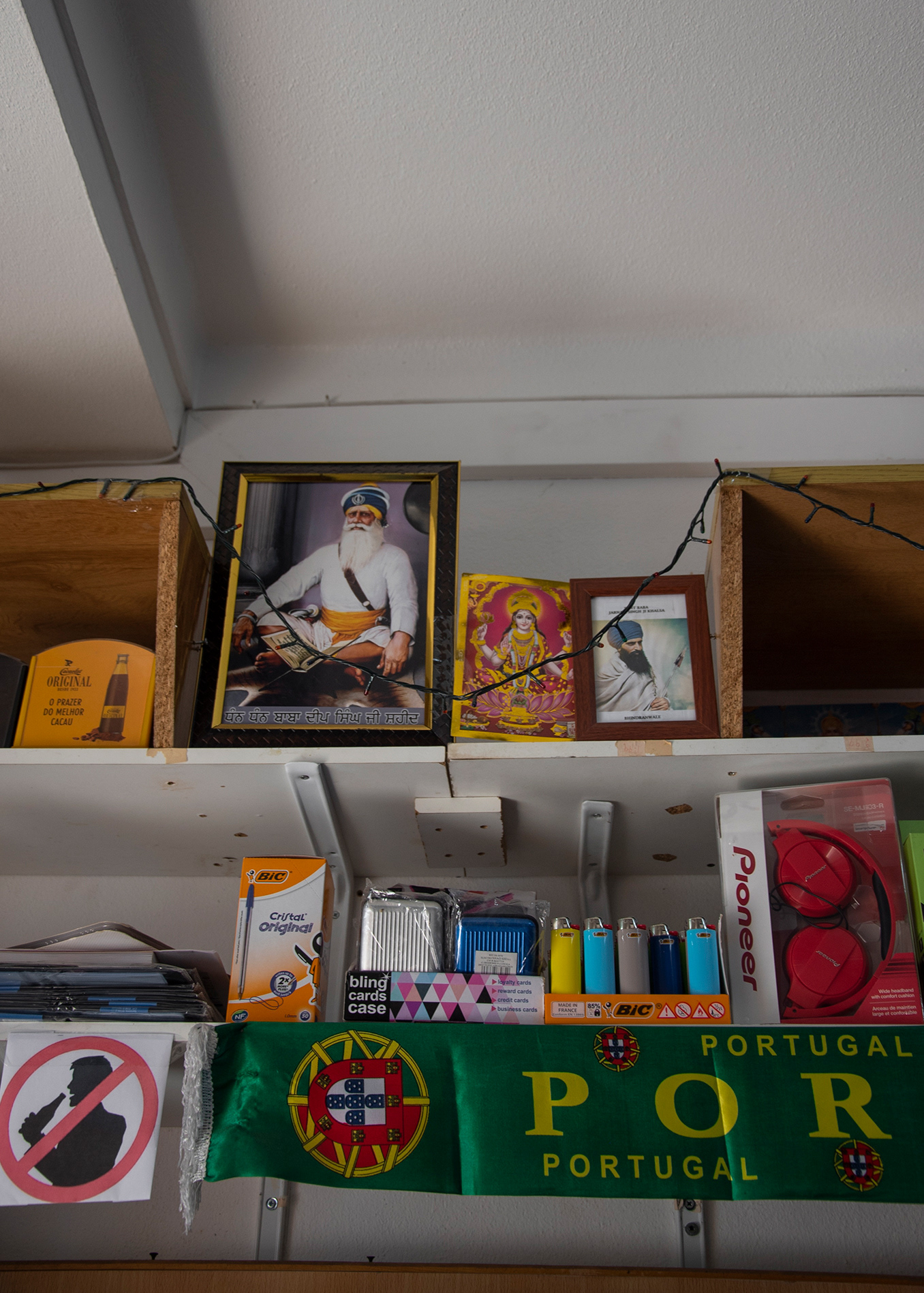
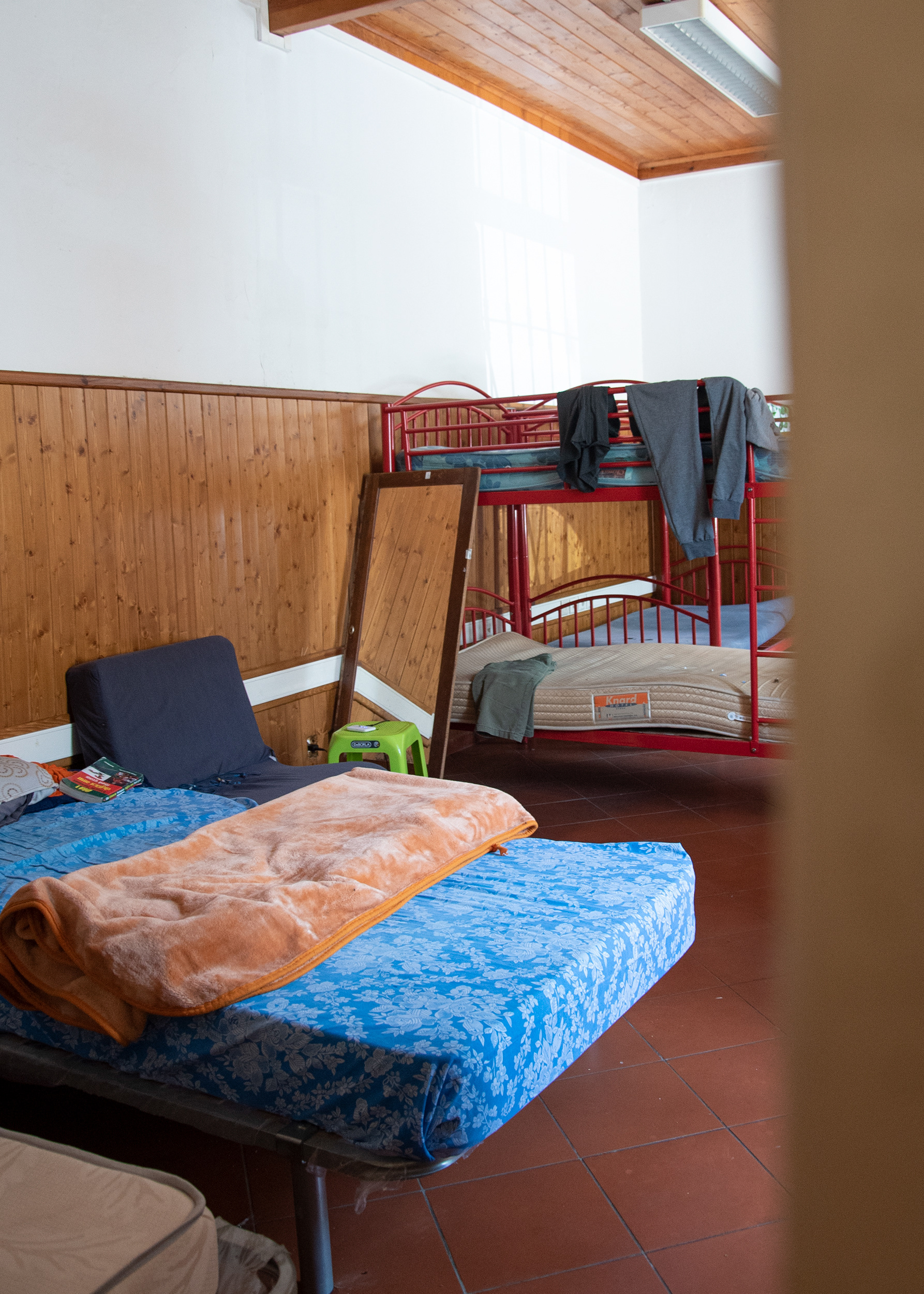
Odemira
is a small town in the Alentejo region of southern Portugal, known for its rolling hills, quiet charm, and agricultural landscapes. Over the past few decades, however, Odemira has seen an influx of Indian immigrants, particularly from the Punjab region, starting in the early 2000s. Many of these immigrants sought work in the region’s thriving agricultural industry, especially in fruit picking and farming. The demand for labour in Odemira’s fields attracted workers from India, leading to the growth of a small but vibrant community. Today, the Indian diaspora in Odemira plays a key role in the local economy, while also adding to the cultural diversity of this otherwise tranquil town.
is a small town in the Alentejo region of southern Portugal, known for its rolling hills, quiet charm, and agricultural landscapes. Over the past few decades, however, Odemira has seen an influx of Indian immigrants, particularly from the Punjab region, starting in the early 2000s. Many of these immigrants sought work in the region’s thriving agricultural industry, especially in fruit picking and farming. The demand for labour in Odemira’s fields attracted workers from India, leading to the growth of a small but vibrant community. Today, the Indian diaspora in Odemira plays a key role in the local economy, while also adding to the cultural diversity of this otherwise tranquil town.
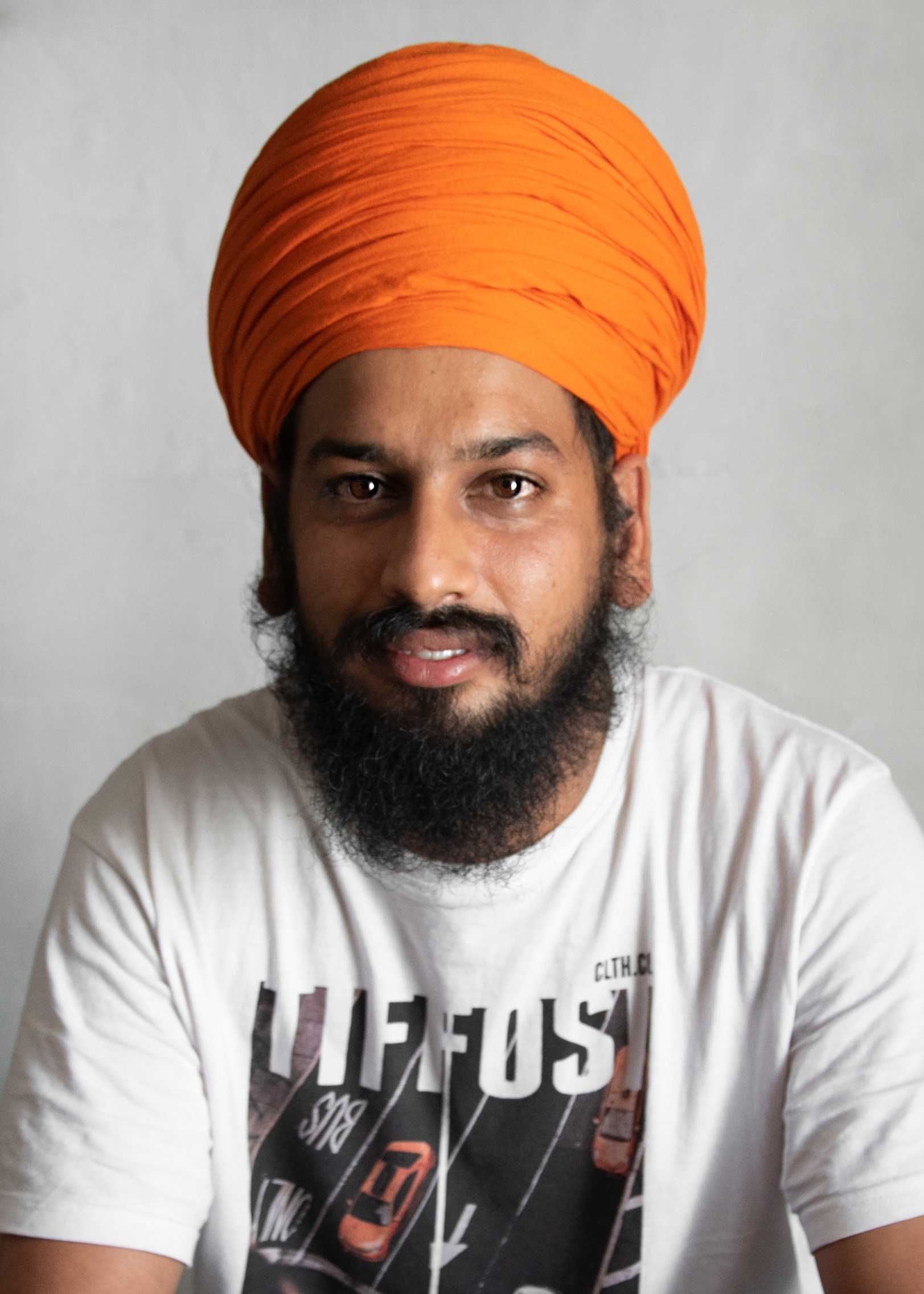
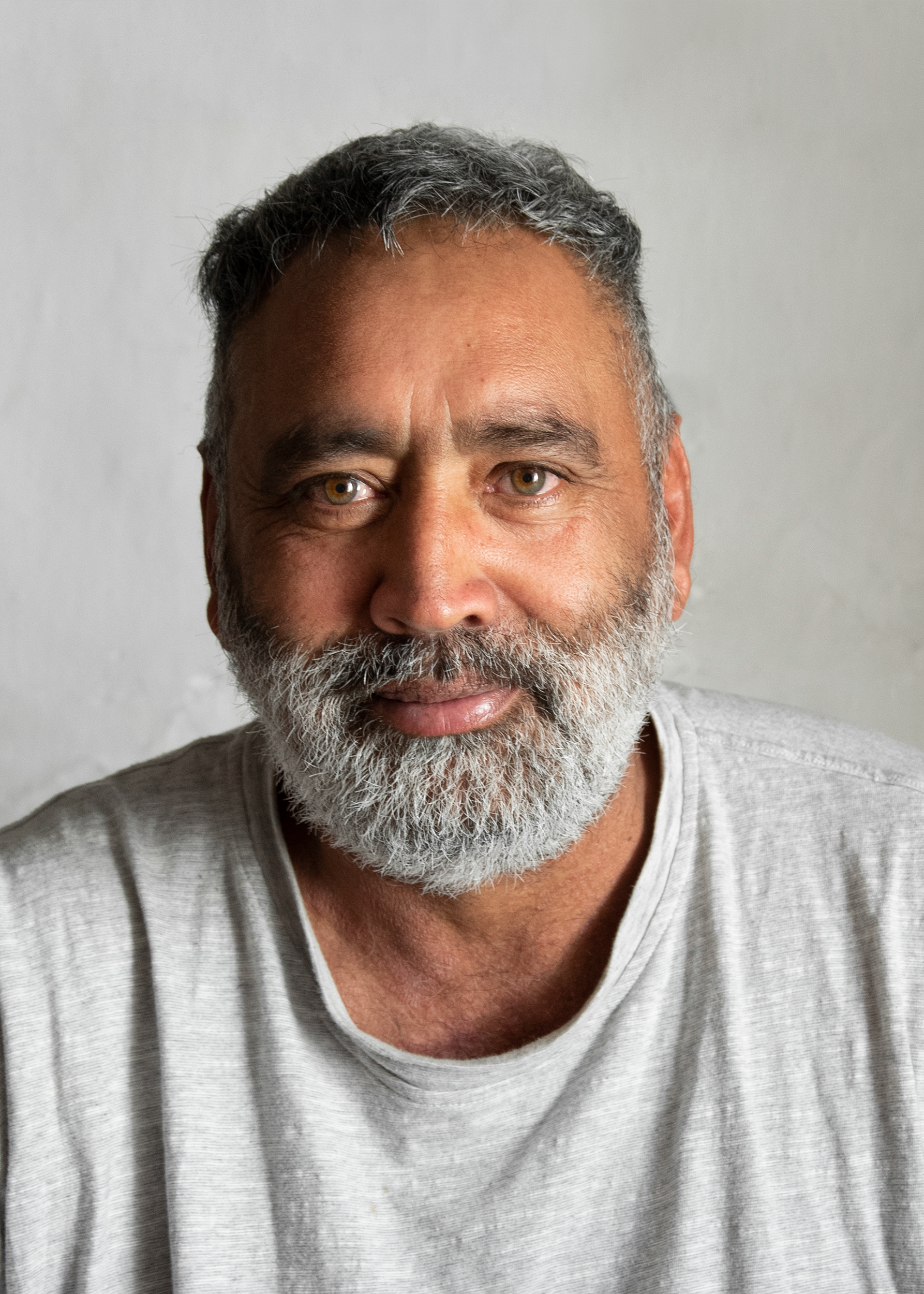
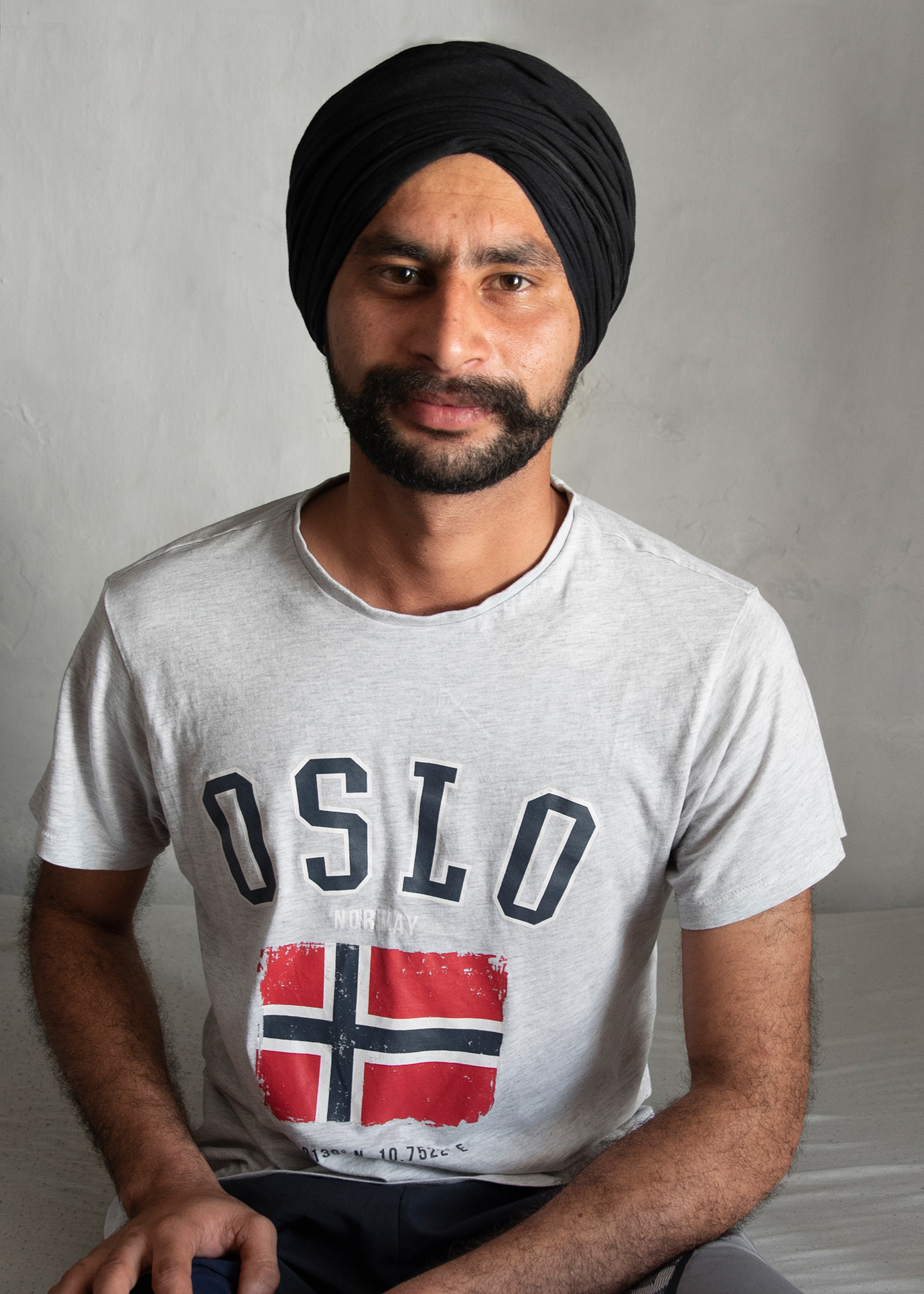
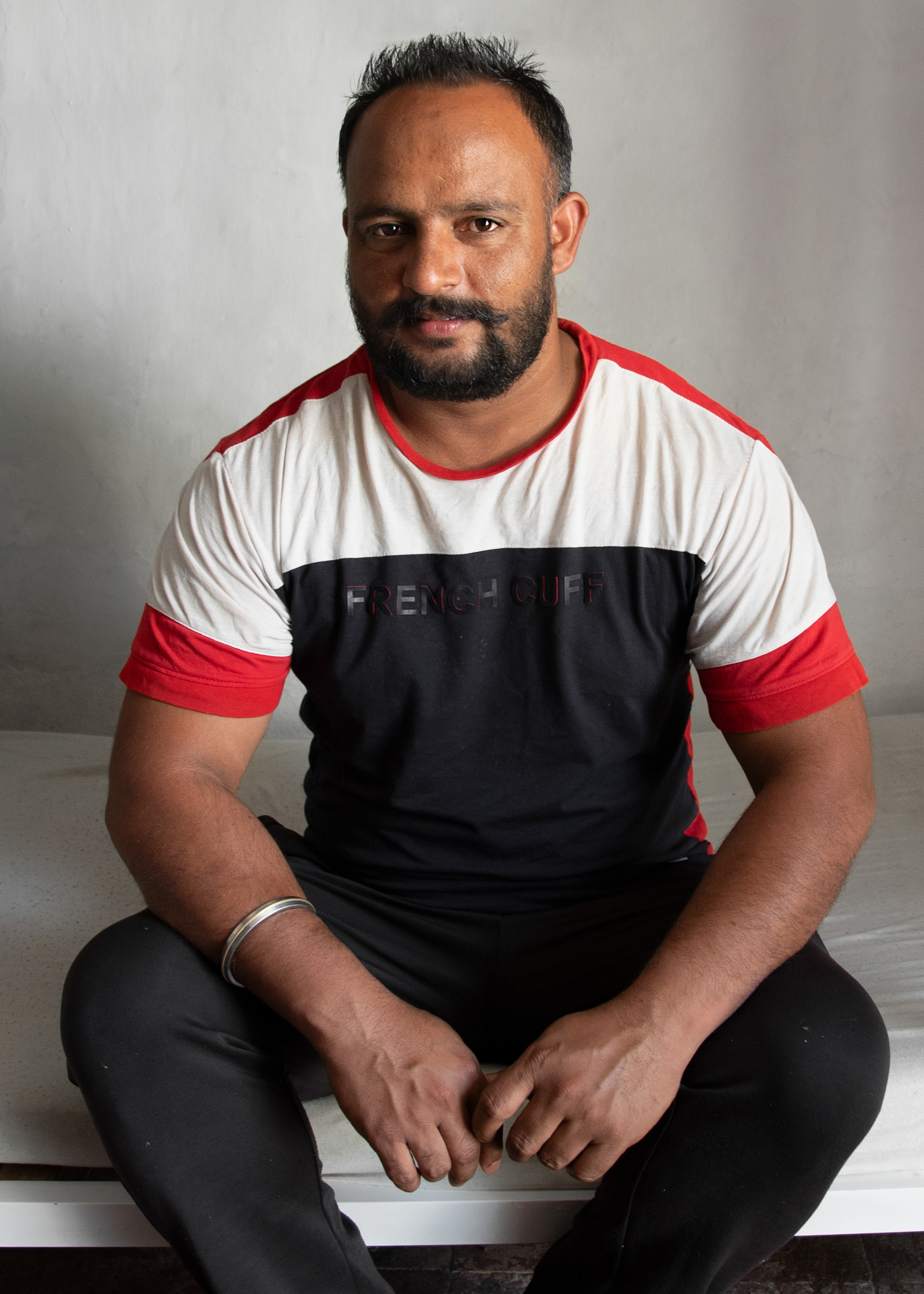
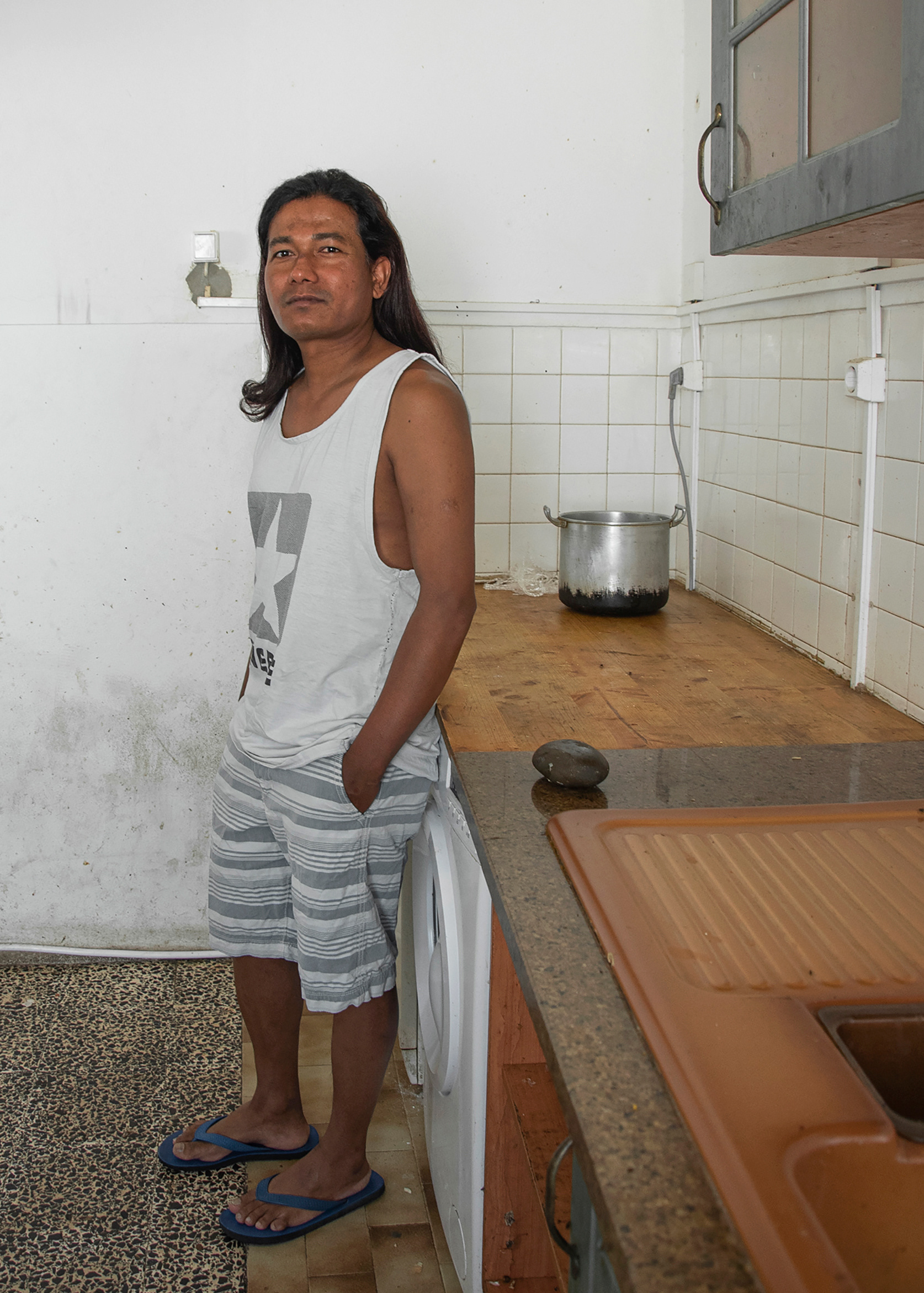
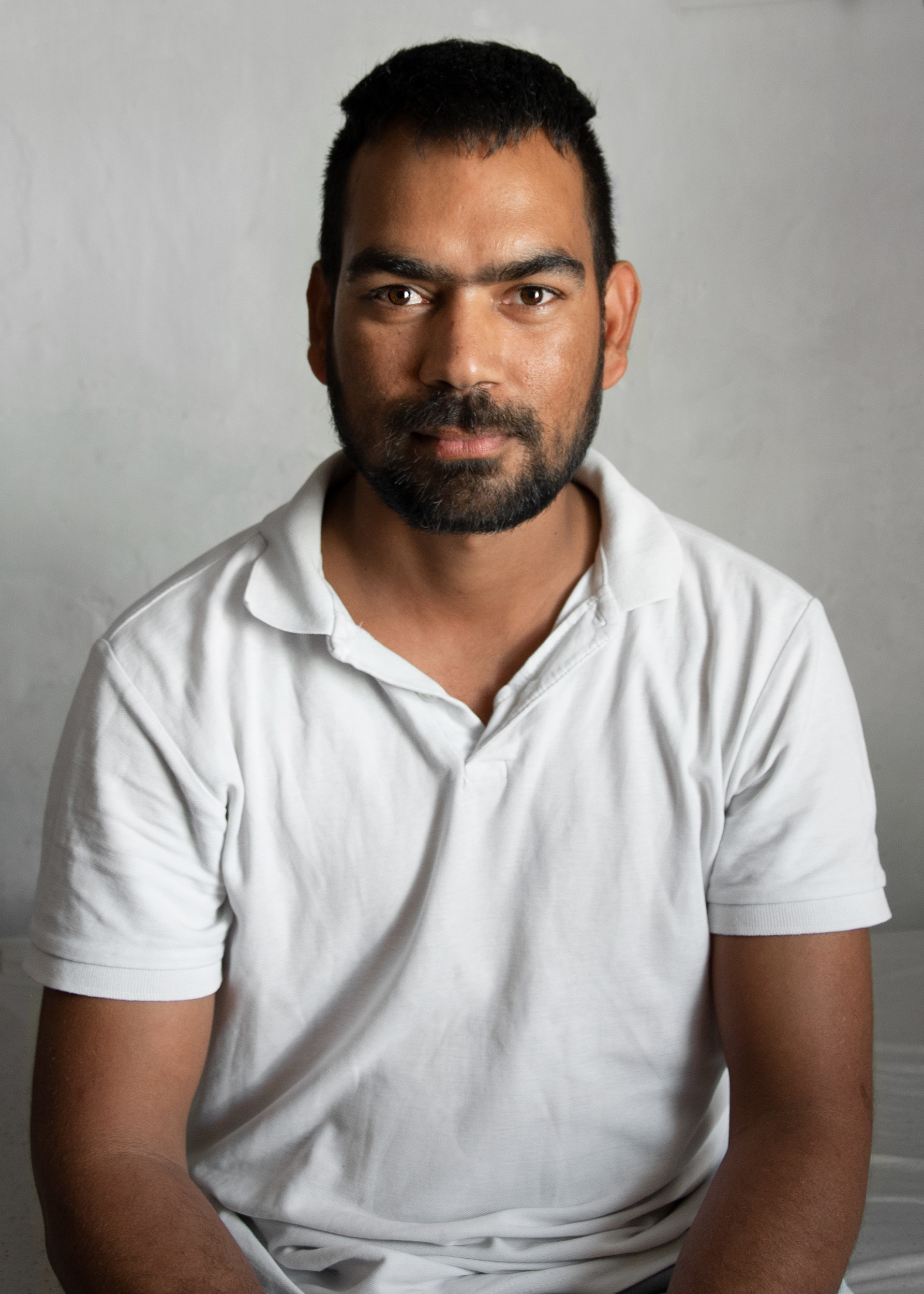
Indian
immigrants often live in challenging conditions while working in agriculture, far from their families. Many live in shared, basic housing—often in cramped apartments or small, converted spaces near the farms where they work. The long hours spent in the fields, doing physically demanding labour, leave little time for personal or family life. With most workers being men who have left their families behind in India, the isolation can feel intense. Though they stay in touch with loved ones through phone calls or social media, the emotional strain of being separated is a constant reality. Despite the hardships, many immigrants continue to work in agriculture to send money home, hoping to eventually bring their families to Portugal or build a better life for themselves in the long run.
immigrants often live in challenging conditions while working in agriculture, far from their families. Many live in shared, basic housing—often in cramped apartments or small, converted spaces near the farms where they work. The long hours spent in the fields, doing physically demanding labour, leave little time for personal or family life. With most workers being men who have left their families behind in India, the isolation can feel intense. Though they stay in touch with loved ones through phone calls or social media, the emotional strain of being separated is a constant reality. Despite the hardships, many immigrants continue to work in agriculture to send money home, hoping to eventually bring their families to Portugal or build a better life for themselves in the long run.
